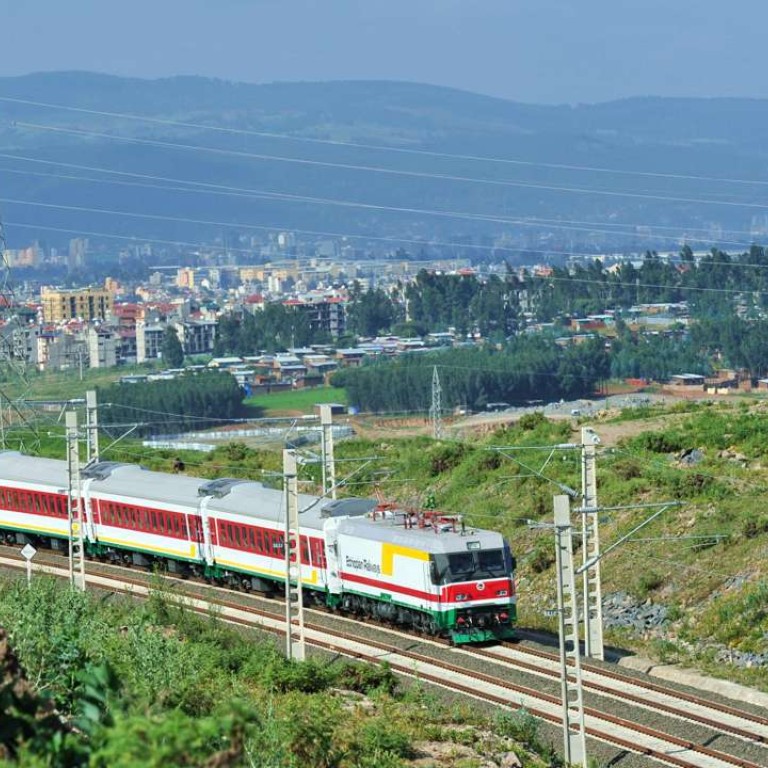
China is playing a crucial role in Africa’s future that will benefit all countries involved
Investment in railways, ports and other infrastructure benefits a continent that has long been ignored by the Western world
China’s role in Africa is not as some in the West have it. The continent’s recently opened first cross-border electric railway, Chinese built and operated with funding mostly from the mainland, puts matters into perspective. Running 750km from Djibouti to Ethiopia, it dramatically improves travel between two important sub-Saharan nations, boosting prospects for trade and development. That is not neo-colonialism, as has sometimes been portrayed, but mutual gain.
Landlocked Ethiopia has Africa’s fastest-growing economy and Djibouti City’s port offers a vital sea link to international markets. Trade that once took three days by road has been cut to about 12 hours, with the quantities of goods able to be moved vastly increased. Land beside the line can be better developed now that a reliable source of electricity is in place and commercial centres can be built around stations. Under the five-year management deal, the operators will train African workers and technology and know-how will be shared.
Chinese companies will benefit from trade and infrastructure prospects in the African heartland. Djibouti, where China has already built a port and is constructing its first overseas naval base to protect interests in the gulf, will likewise benefit from increased sea traffic. The dream is that the line will eventually extend across Africa to the Atlantic Ocean. Such possibilities would have been impossible without Chinese willingness; Western companies did not want to take the risks.
It is the same across the continent as tens of billions of dollars in Chinese infrastructure projects take shape. They are part of President Xi Jinping’s (習近平) “One Belt, One Road” initiative to revive China’s connections from Asia to Europe through the Middle East and Africa. African nations are eager for the knowledge and skills they will acquire; China’s rapid growth over the past four decades is inspirational and governments want to adopt similar models of development. China, mindful of the mutual benefits, is only too willing to share what it has and knows.
Strategic options for African nations have never been so good. Their continent is the world’s fastest-growing economically and Western mistrust and neglect have led to rising influence for China, India, Brazil and others. China has the biggest share of trade and its focus has long moved away from commodities and cheap labour. Instead, it is shifting towards business partnerships and a market for selling infrastructure and technology, aspects that will improve with growth and urbanisation. The Chinese presence provides welcome alternatives and opportunities.

